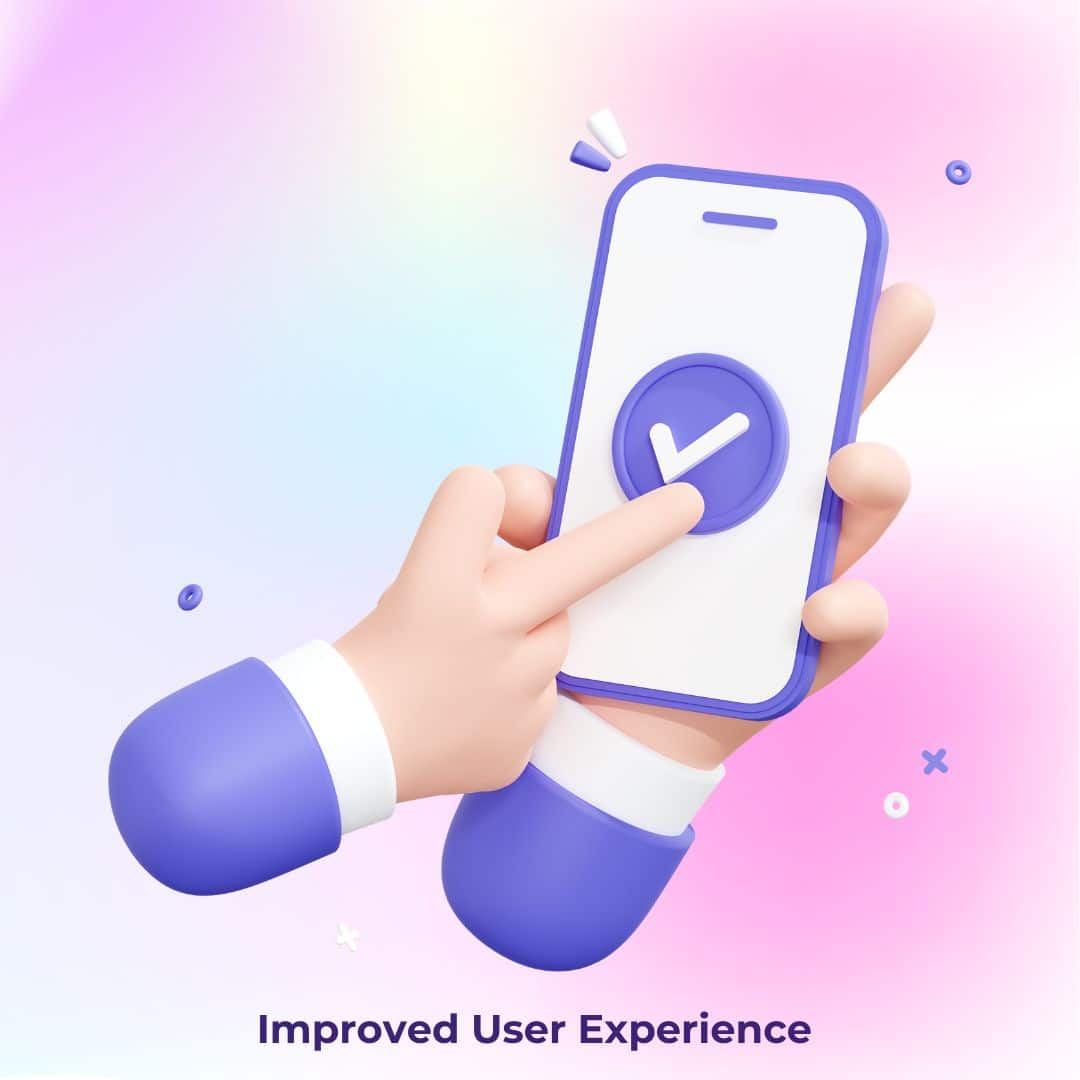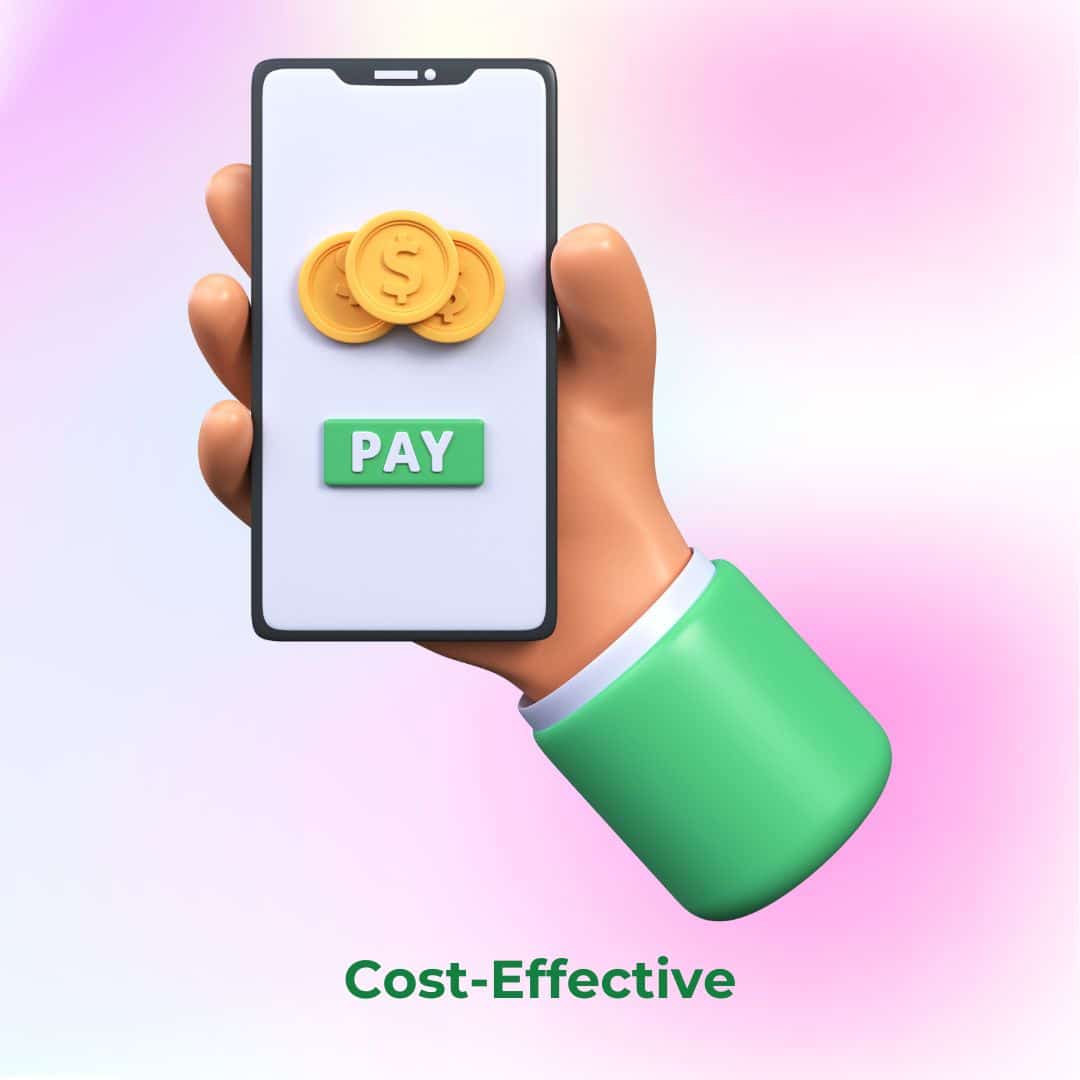The Importance of Responsive Design for Your Website
Learn The Importance of Having Responsive Design for Your Website
Today in this blog, we will learn the Importance of Responsive Design for Your Website, you start with 5 simple steps.
Your website is your digital presence, and it must be aesthetically beautiful, user-friendly, and accessible to all. The value of responsive design for your website cannot be stressed with the proliferation of mobile devices. The skill of building websites that adjust to the size and orientation of the screen on which they are viewed is known as responsive design. In this post, we will look at the advantages of responsive design and why it is critical for your website.
What is Responsive Design?
Responsive design is an approach to website design that aims to create websites that are flexible and adaptive to different screen sizes and resolutions. This means that a website that is designed responsively will look and function perfectly on any device, whether it is a desktop computer, tablet, or mobile phone.
The Benefits of Responsive Design
Improved User Experience
When a website is designed with responsiveness in mind, it will automatically adjust to fit the screen size of the device it is being viewed on. This means that users will be able to navigate the website easily, read the content, and access all the features and functionalities of the site without any issues. This will greatly improve their overall experience, leading to increased engagement, longer visit times, and higher conversion rates.
Increased Visibility
Having a responsive website is essential for improving your online visibility. With more and more people accessing the internet on their mobile devices, Google now considers mobile responsiveness as a key ranking factor. This means that if your website is not mobile-friendly, it will be penalized in search engine rankings, making it harder for potential customers to find you.
Cost-Effective
Rather than having to design and maintain separate websites for different devices, a responsive website can adapt to any screen size or orientation, making it more cost-effective in the long run. This means that you won’t have to spend additional time and money creating and managing multiple websites, freeing up your resources for other important tasks.
Competitive Advantage
By having a responsive website, you’ll have a significant advantage over your challengers who do not. With further and further people penetrating the internet on their mobile bias, having a website that’s designed for mobile bias will set you piecemeal from the competition and help you stand out in a crowded request.
Future Proofing
With the constantly changing geography of technology, having a responsive website will insure that your website is unborn-proofed. By designing your website to be adaptable to any device, you’ll be suitable to keep up with new technologies as they crop, icing that your website remains applicable and to date.
Conclusion
In today’s digital age, having a website that is mobile-friendly and designed responsively is essential for any business or individual looking to succeed online. By improving the user experience, increasing visibility, reducing costs, gaining a competitive advantage, and future-proofing your website, responsive design is an investment that will pay off in the long run.
So, if you want to create a website that is visually appealing, user-friendly, and accessible to all, make sure you invest in responsive design today. It’s the key to unlocking your online potential. Feel free to book a call with us, we are happy to help you.



















